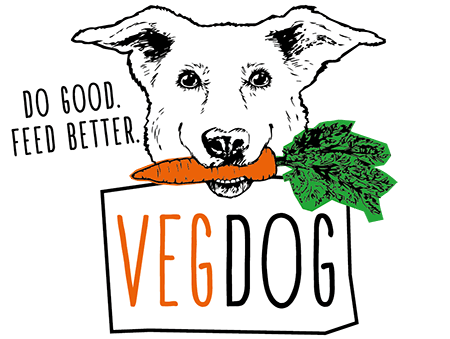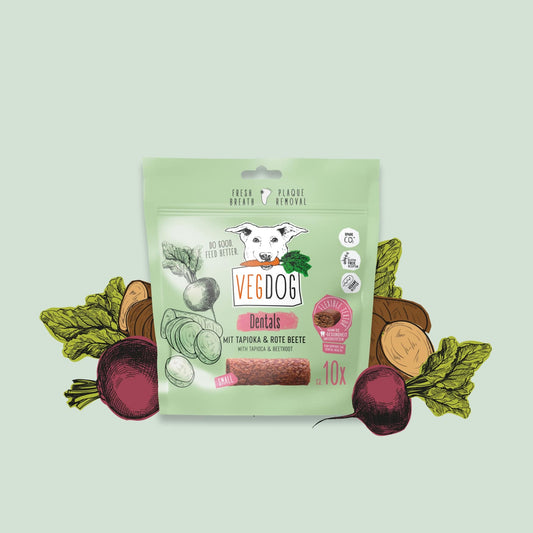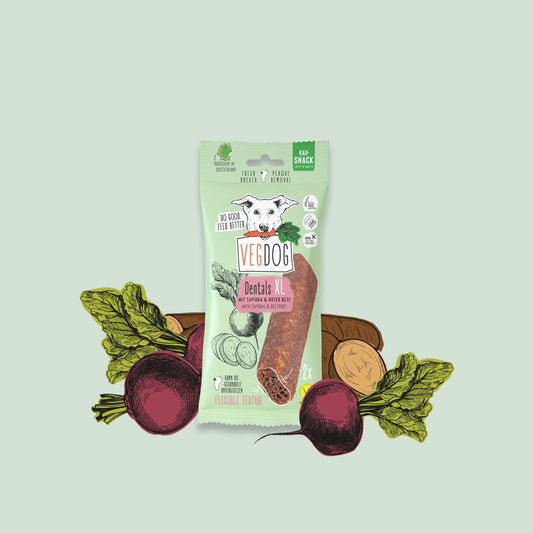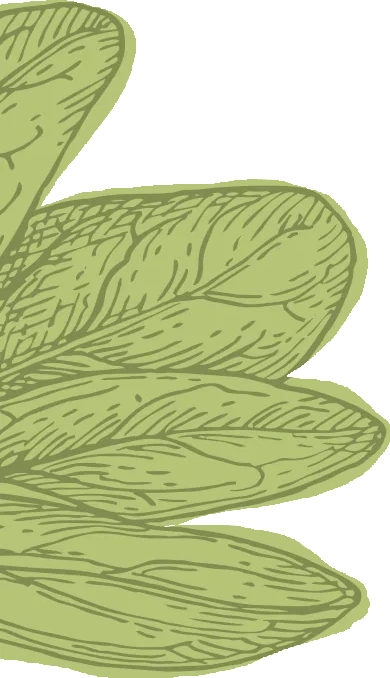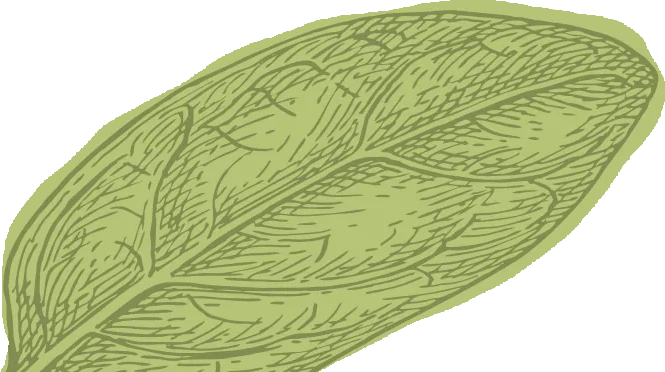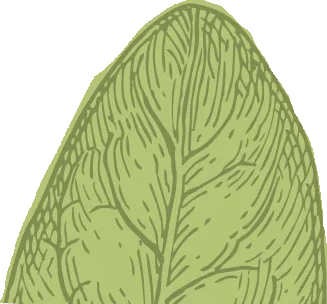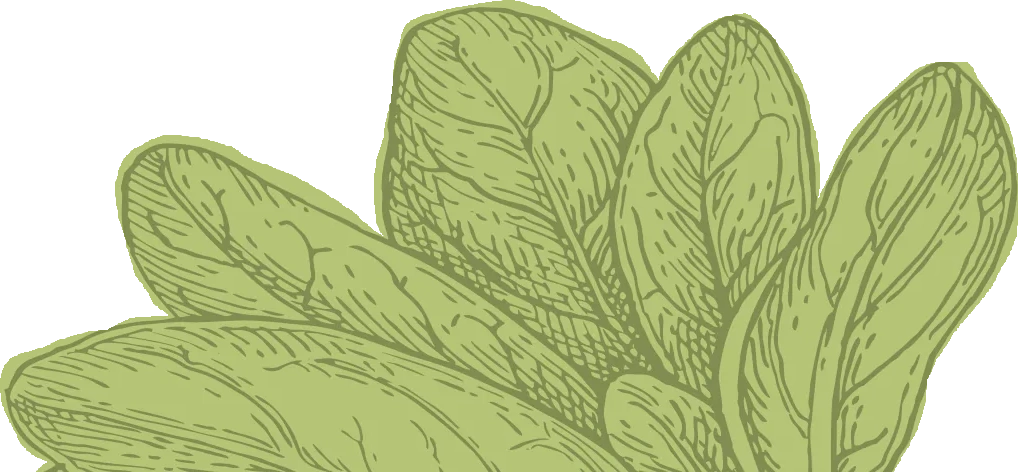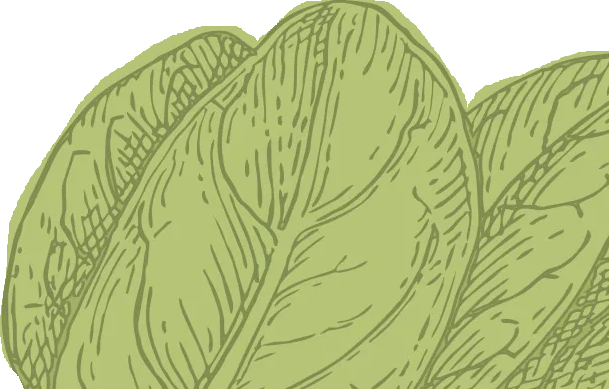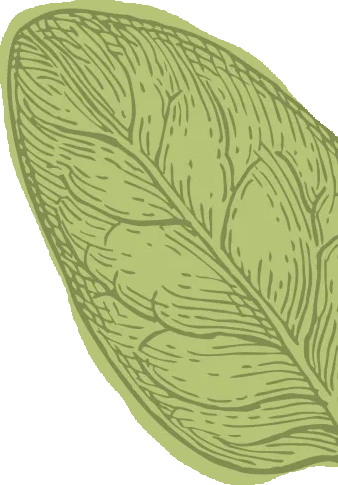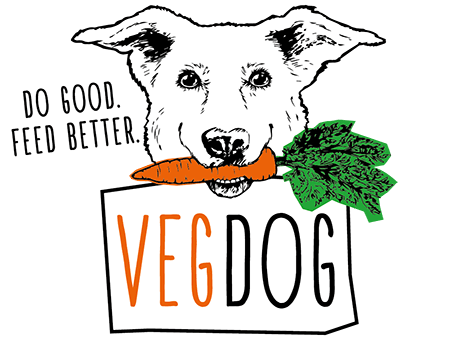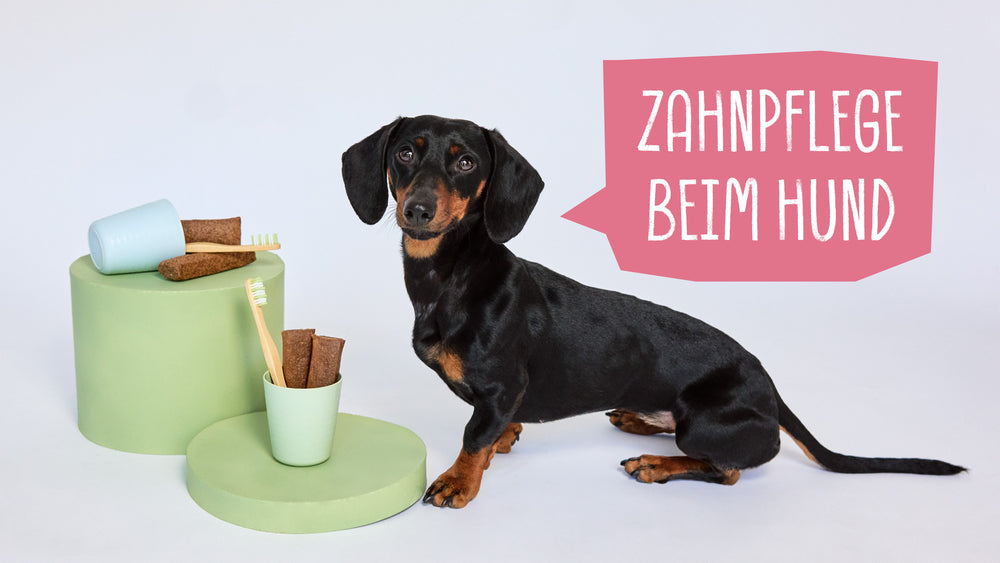
DENTAL CARE FOR DOGS
Eating, biting, nibbling - the dog's teeth have to cope with a lot of demands in everyday life. But what should you do if dental problems arise? Dental problems in dogs are not uncommon and should be checked and clarified regularly. But as always, prevention is better than cure. You can also find out what this can look like in this article.
 Author: Emmy Lou Lynch
Author: Emmy Lou Lynch
 Proofreader: Veronika Hajek
Proofreader: Veronika Hajek
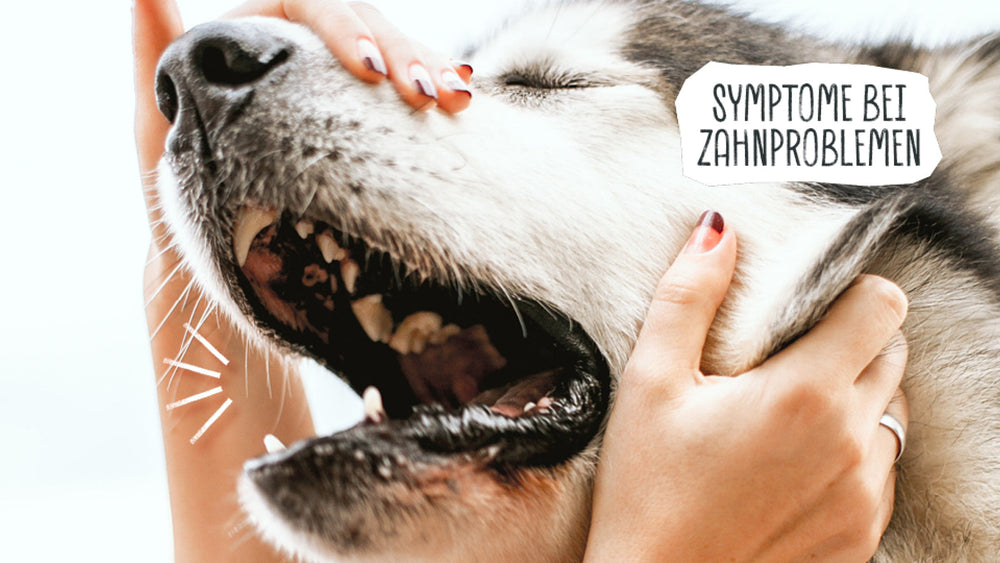
The first signs that something is wrong in the mouth are unfortunately very subtle. The argument "My dog is still eating well!" is therefore unfortunately very dangerous. Because eating is the very last thing that is stopped! But problems start much earlier.
Early signs include bad breath. It is not normal for dogs to have a smelly mouth! Red gums, increased salivation or tartar should also be taken seriously.
When the mouth really hurts, the desire to eat decreases. Many dogs no longer want to eat or only eat individual, soft components of the food. In the long term, this can lead to malnutrition and underweight. Shaking the head, scratching the mouth with the paw or rubbing the snout can also be signs of toothache.
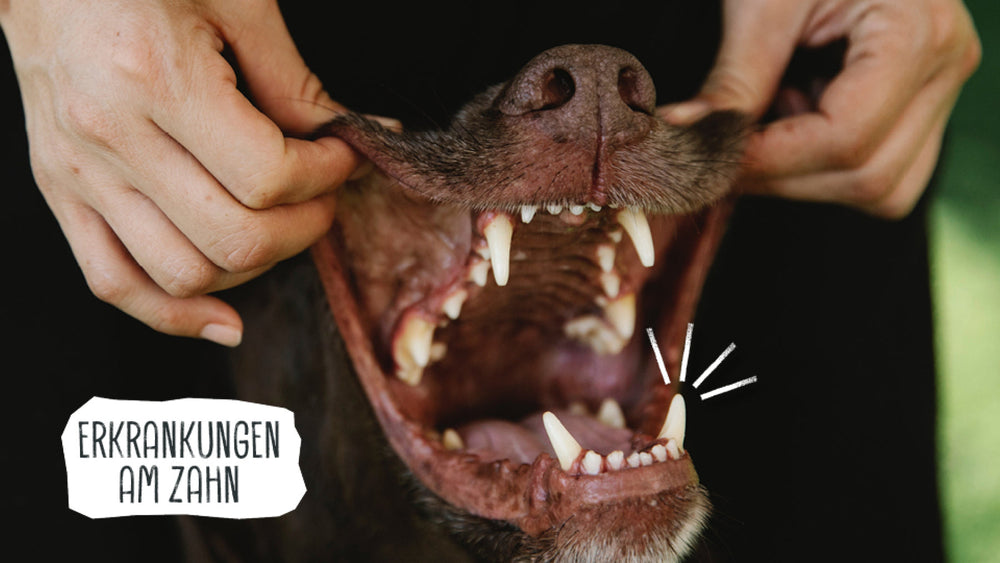
Tartar: One of the most common diseases in the mouth is tartar. Tartar builds up on the teeth, causes bad breath and encloses bacteria in protective coverings on the teeth. The rough surface of tartar makes it the perfect place for bacteria to grow. These bacteria can trigger an infection and spread via the blood to distant organs, causing problems there. One consequence can be, for example, inflammation of the heart! Factors such as pH value, amount of saliva or mineral concentration in saliva influence the formation of tartar.
Periodontitis: An inflammation of the gums caused by bacteria. The consequences are receding and swelling of the gums and tooth loss.
DANGERS OF DENTAL CARE
Products that are too hard: Chewing products such as animal bones or antlers are often advertised as dental care products, but they pose great risks. Because these products are very hard, they often lead to tooth fractures, especially in the molars. Ingesting bones can also lead to injuries to the esophagus and gastrointestinal tract or intestinal blockages.
Inorganic phosphates: So-called "inorganic phosphates" such as sodium hexametaphosphate are added to many dental care products. These additives are intended to protect against tartar and keep teeth clean. Unfortunately, there are now numerous studies with people, cats and dogs that show that inorganic phosphates in particular can have a negative impact on kidney health. We therefore strongly advise against using snacks with added inorganic phosphates. Of course, we do not use these additives in our snacks, but instead rely on harmless ingredients such as cellulose, which acts like a natural "peeling" for the teeth.
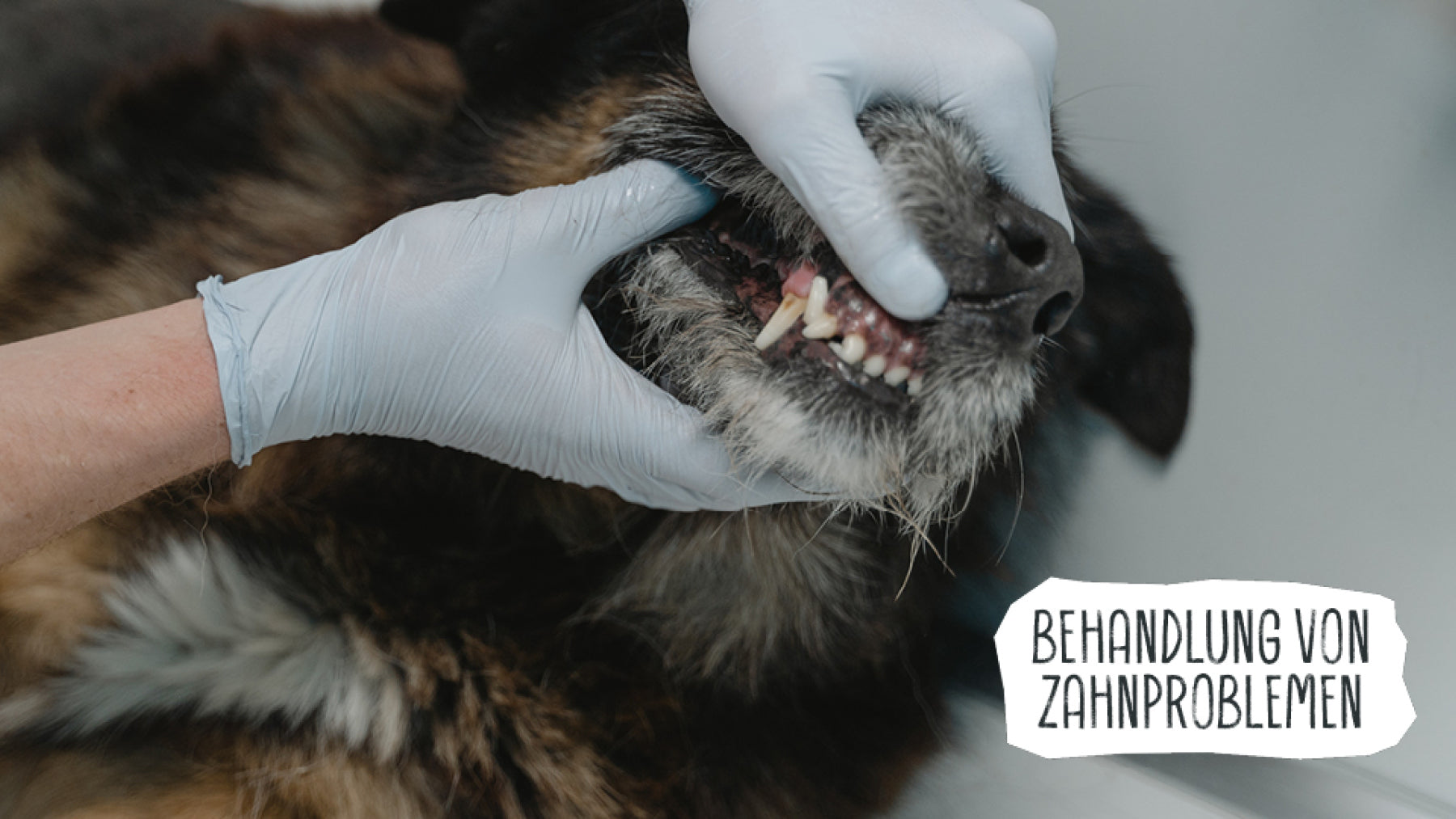
Dental problems must be diagnosed by (specialist) veterinarians and require a thorough examination and treatment. As a standard, a dental cleaning is usually carried out under general anesthesia. In order to really get to the root of the problem, X-rays of the teeth are necessary and useful in most cases. A tooth can look completely healthy on the surface, while it is already bubbling away deep down.
It is not uncommon for several teeth to have to be pulled, especially in older dogs or dogs with misaligned jaws.
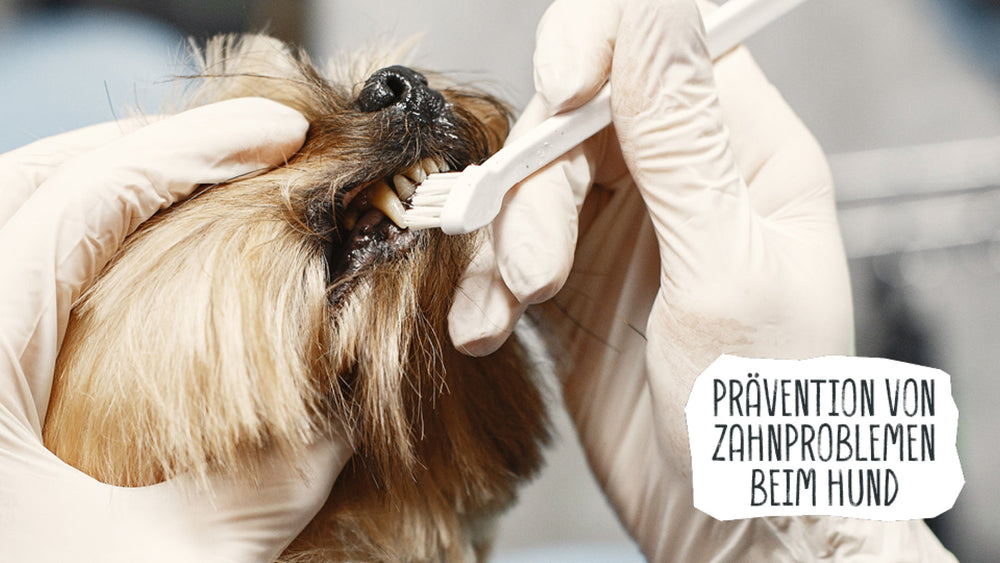
Dental care through brushing or a veterinary dental cleaning should be carried out regularly. The best way to prevent tartar is, as with humans, brushing your teeth. Not every dog likes it, but with patience and a little time, you can get your darling used to having your teeth cleaned. It's worth introducing brushing your dog's teeth in a playful way from a young age. Ideally, you should clean your dog's teeth once a day, but even once a week helps and is better than doing nothing at all.
To clean your dog's teeth, you will need a toothbrush and a special toothpaste for your four-legged friend. Our conventional toothpaste is not suitable for dogs. We recommend that you ask your veterinarian about the right products.
For very uncooperative dogs, there are also toothpastes that can be applied to the mucous membrane in the mouth without having to brush the teeth afterwards. The enzymes contained in the cream ensure that the plaque is removed.
In addition to brushing your four-legged friend's teeth, you should have your vet check your pet's teeth every year. However, once tartar has been found, the only solution is to remove it manually using special equipment as part of a veterinary treatment.
A healthy, balanced diet also helps keep your dog's teeth healthy and, in the best case, saves treatments such as tartar removal or tooth extraction.
In addition to these measures, we have another recommendation: dental care that is fun and tastes good – our DENTALS!
